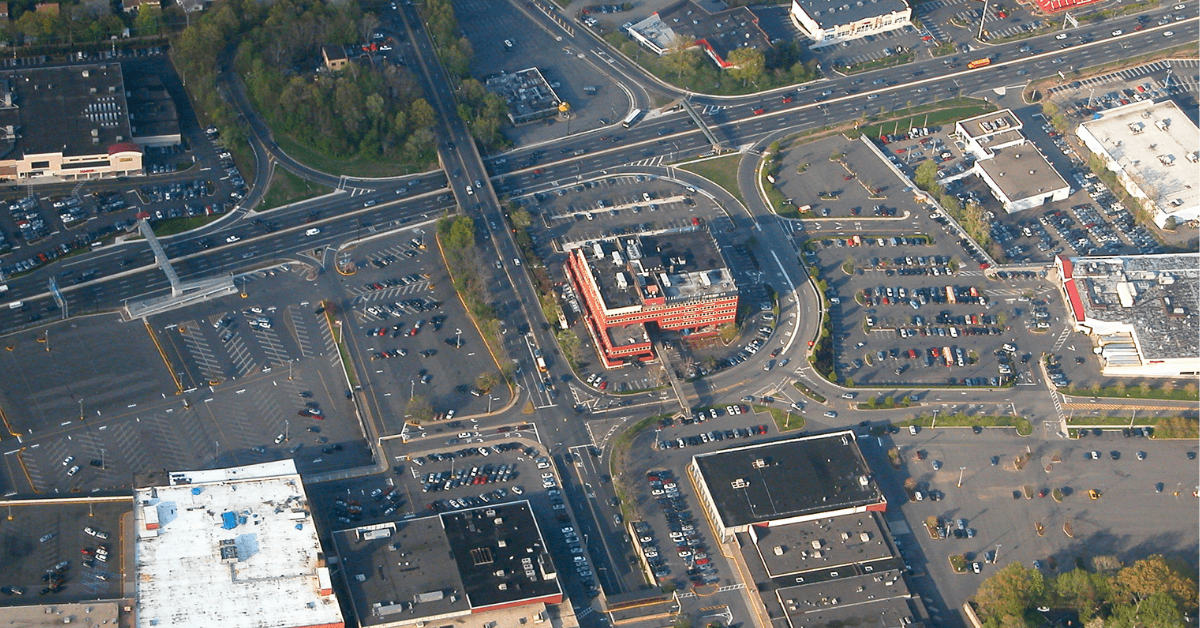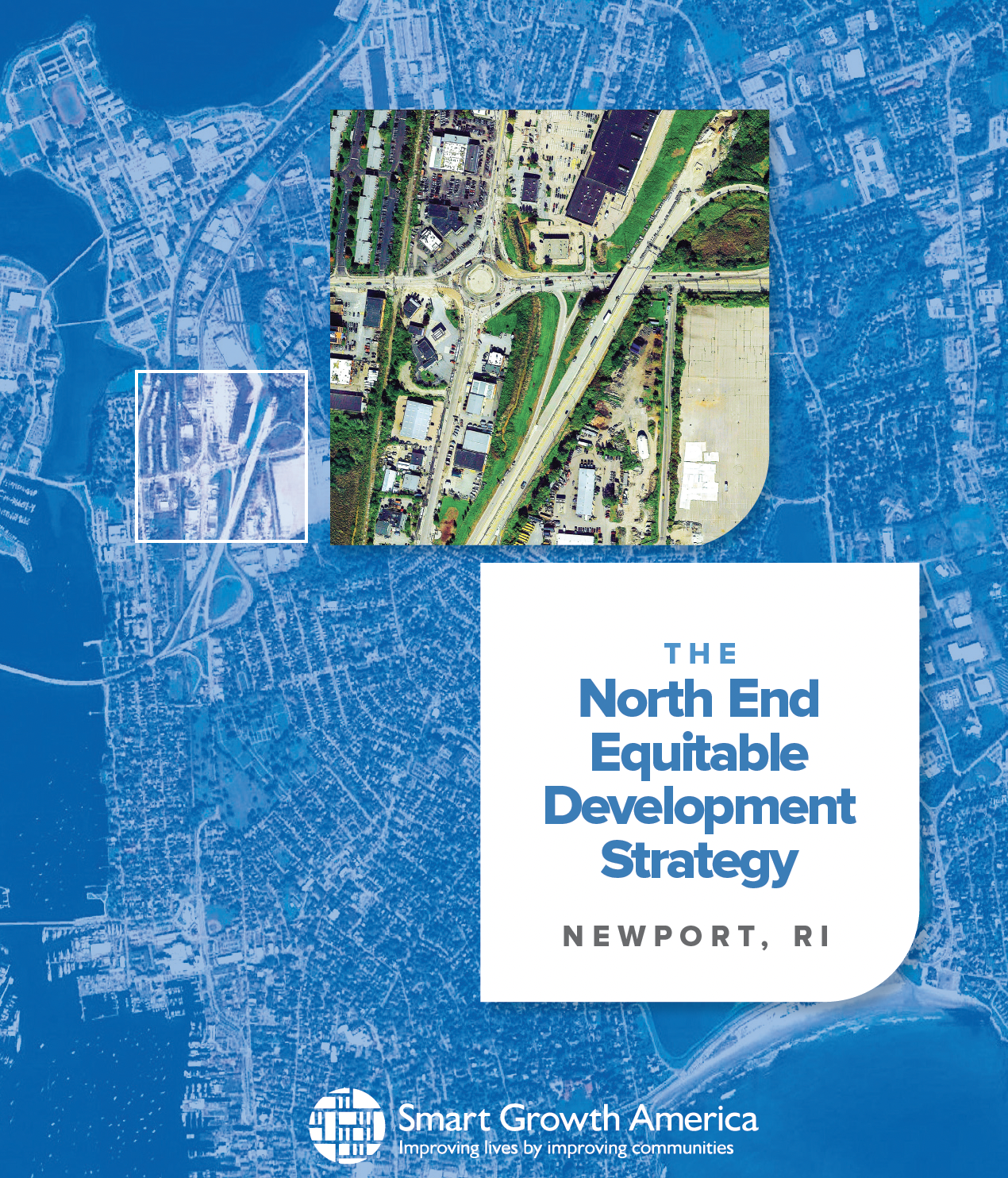
Resources for zoning reform
The Center for Zoning Solutions builds upon Smart Growth America’s 25 years of experience supporting communities to create people-oriented places with diverse housing and transportation options, including through form-based codes. Explore our past efforts below.

Parking minimums: A barrier to smart growth series
Parking has an impact on our health, our environment, and our quality of life. Parking minimums drive up the cost of development, contributing to the housing crisis. They also limit the space available for cyclists and public transit, and requirements for large surface lots or parking garages can lead to destinations being spaced further apart, making walking and rolling to a destination difficult, if not impossible. As communities across the country rethink their parking requirements, we’re taking a moment to examine all the trouble parking minimums have caused.
The North End Equitable Development Strategy
The North End Equitable Development Strategy (NEEDS) serves as a roadmap to implement the 2021 North End Urban Plan in the North End of Newport, Rhode Island, according to the North End residents’ priorities for equitable development and with their ongoing participation. The NEEDS evolved over months of collaboration with North End community leaders, who came together to form a Local Advocacy Group (LAG), which is increasingly active in local planning discussions.


Massachusetts Equitable Development Technical Assistance Program
The MA TA program aims to support local community-based organizations (CBOs) across the Commonwealth in advancing zoning reform policies that promote equitable housing, economic development, and transportation initiatives. This technical assistance effort seeks to enhance the existing capacity of cohort CBOs by providing support for advocacy and capacity-building initiatives that will have a lasting impact beyond the official partnership period.
Zoned In: Economic Benefits & Shared Prosperity with Form-based Codes
Zoned In used both quantitative analyses—trends in land values, tax revenues, rents, and demographics—as well as qualitative approaches—opinions of public and private stakeholders in the study areas—to assess whether form-based codes have a significant, positive impact on their communities’ economic performance. The research team selected four case study jurisdictions in different parts of the country to compare demographic and economic trends over a 10-year time period in neighborhoods with and without form-based codes.